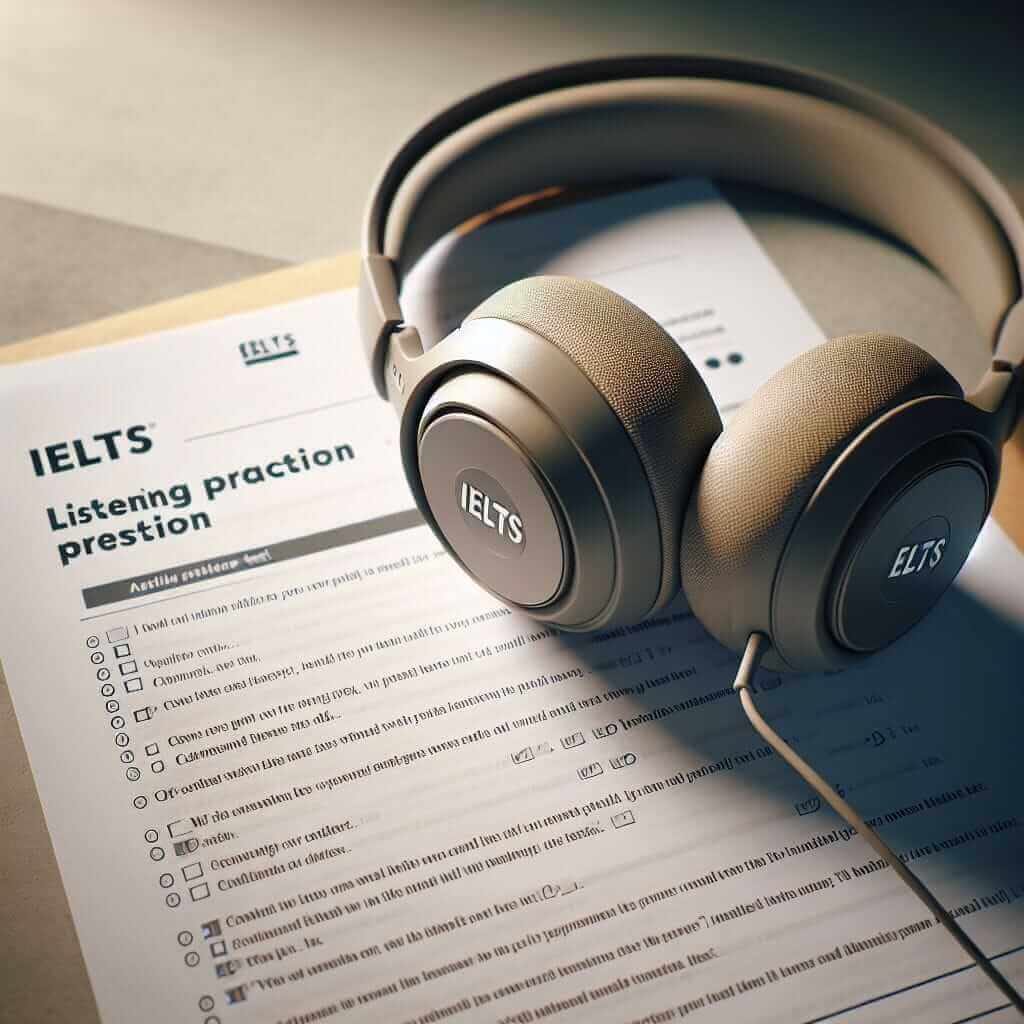The Importance of IELTS Listening and Stewart’s Success Story
For those aspiring to achieve a high IELTS band score, particularly in the listening section, hearing success stories can be incredibly motivating. One such story is Stewart’s journey to IELTS listening mastery. While we don’t have specific details about Stewart’s methods, we can explore strategies and insights that are universally applicable and likely contributed to his achievement.
Effective Strategies for IELTS Listening Success
Excelling in the IELTS Listening test requires a combination of focused preparation and effective strategies. Let’s delve into some key areas:
1. Understanding the Test Format and Question Types
Familiarity with the IELTS Listening test format is paramount. The test consists of four sections, each with ten questions, played only once. Question types include:
- Multiple Choice: Selecting the correct answer from a list of options.
- Sentence Completion: Filling in gaps in a sentence.
- Matching: Connecting information from a list to corresponding prompts.
- Diagram Labelling: Identifying parts of a diagram based on audio information.
2. Active Listening and Note-Taking Techniques
- Predicting: Before each section starts, carefully read the questions to anticipate the topic and potential answers.
- Keyword Spotting: Train yourself to identify keywords and phrases that signal important information.
- Effective Note-Taking: Develop a system for taking concise and organized notes while listening. Use abbreviations, symbols, and focus on keywords.
3. Vocabulary Enhancement for IELTS Listening
- Topic-Specific Vocabulary: Expand your vocabulary related to common IELTS themes like education, environment, technology, and social trends.
- Synonyms and Paraphrasing: Practice identifying synonyms and paraphrased information, as the audio often presents information differently from the questions.

Example from IELTS Listening Practice Tests
Let’s examine a typical multiple-choice question:
Audio Script: “The museum will be closed for renovations from the 1st of June until the end of August.”
Question: The museum will be closed for:
(A) One month (B) Two months (C) Three months
In this example, understanding the timeframe and recognizing “the end of August” as equivalent to “three months” (June, July, August) is crucial.
Tips to Boost Your IELTS Listening Score
- Practice Regularly: Consistent practice with authentic IELTS listening materials is key.
- Focus on Weak Areas: Identify your weaknesses in specific question types or listening skills and work on improving them.
- Simulate Test Conditions: Practice under timed conditions to build exam stamina and manage stress.
Conclusion
While we may not know the specifics of Stewart’s IELTS listening success, by embracing these strategies, you too can significantly enhance your listening skills. Remember, dedication, consistent effort, and a strategic approach are the cornerstones of achieving your desired IELTS score.